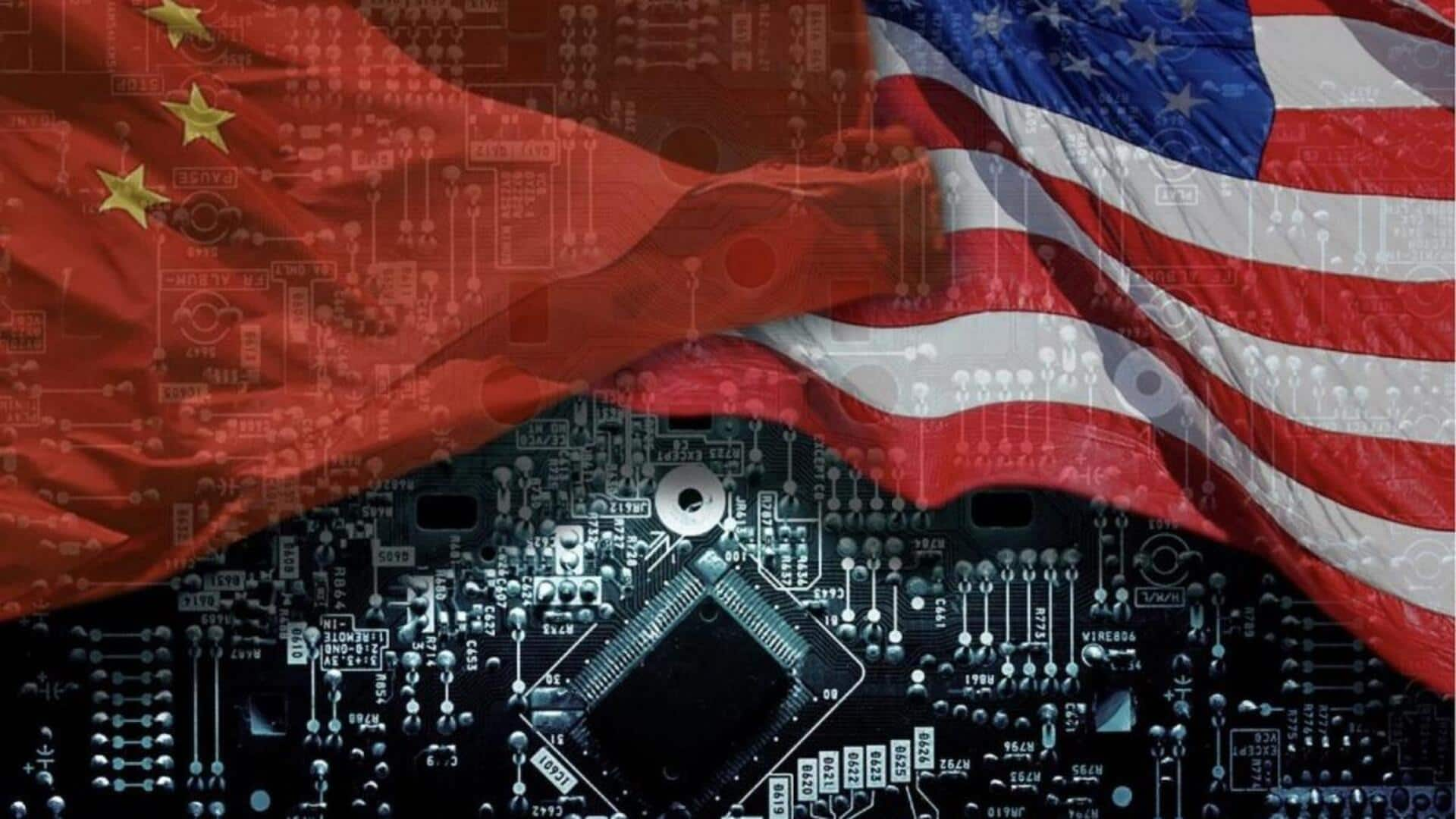
US restricts exports of quantum computing, chip-making tech to China
What's the story
The Biden administration has introduced new export controls on crucial technologies such as quantum computing and semiconductor goods.
These measures are part of a broader strategy to align with allies in countering technological advancements in China and other rival nations.
The restrictions apply to all global exports but offer exemptions for countries that adopt similar measures, including Japan and the Netherlands.
Tech crackdown
US's long-standing tech restrictions on China
The US has been implementing restrictions on China's access to advanced technologies for several years.
This move is driven by concerns that sophisticated chips and components could potentially give Beijing a military advantage.
The strategy includes unilateral actions coordinated with key allies, as well as restrictions negotiated through a wider international framework.
Security measures
New export controls aim to protect collective security
Alan Estevez, head of the Commerce Department's Bureau of Industry and Security, stated that these new controls on quantum and other advanced technologies would make it significantly more difficult for adversaries to develop and deploy these technologies in ways that threaten our collective security.
The announcement of these measures initiates a 60-day public comment period before officials issue a final rule.
Upcoming restrictions
US plans further chip-related export controls
In addition to the current measures, the US is reportedly planning a comprehensive new set of chip-related export controls.
These would target China's access to high-bandwidth memory chips, a crucial AI component, as well as various semiconductor manufacturing tools.
The proposed restrictions would have a global focus but include exemptions for key allies such as Japan and the Netherlands, home to two major companies in the chip supply chain.